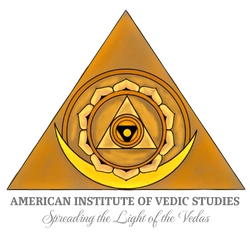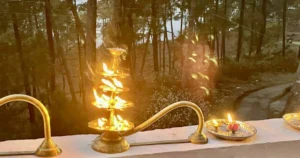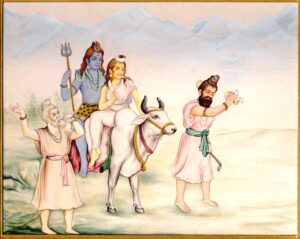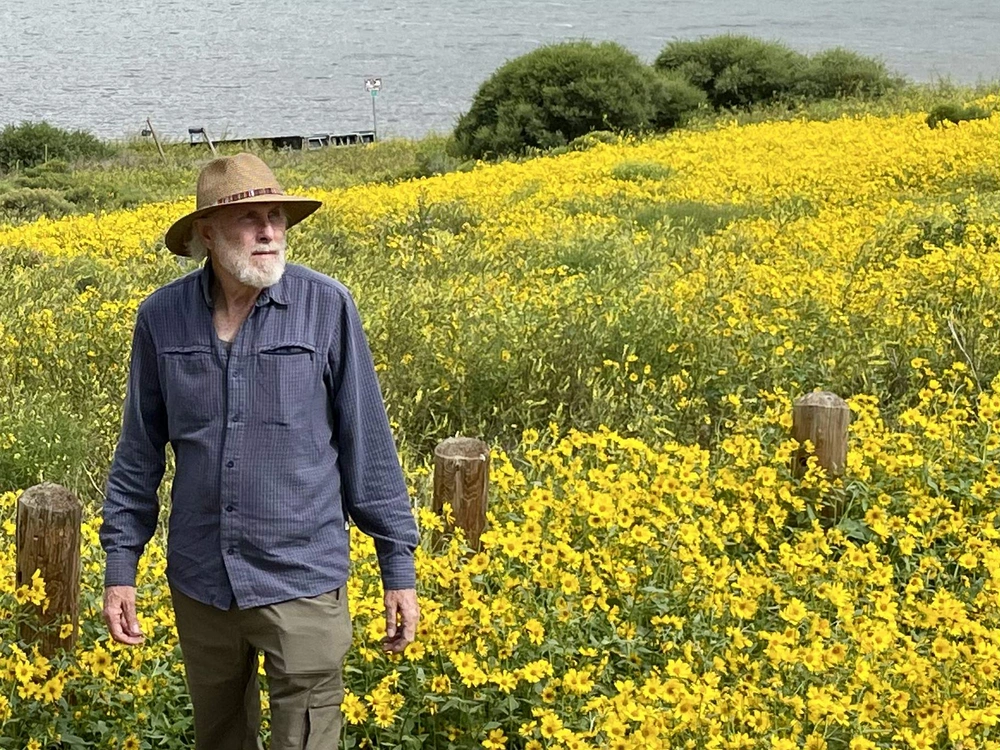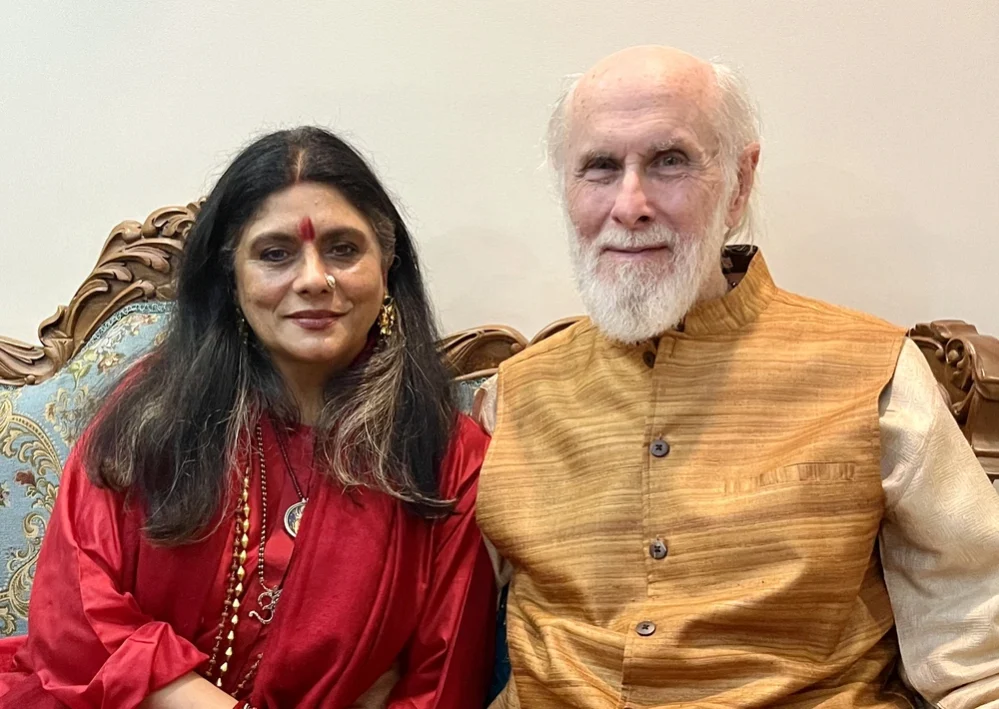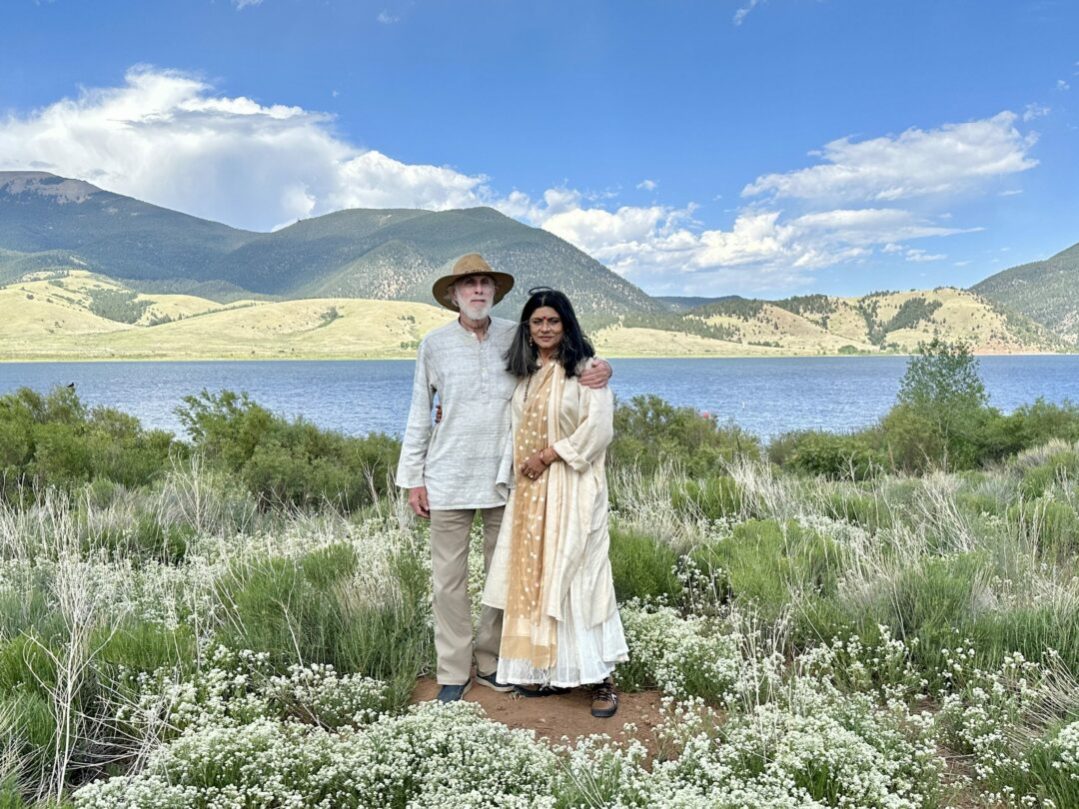COVID-19 is a selective pandemic. It does not target all segments of the population like many pandemics. It is very dangerous for certain groups, but not for all, as the majority will only have mild symptoms. It mainly effects those with weak immunity or what is called low Ojas in Ayurveda.
Covid-19 is a pandemic that targets three main groups:
- The elderly, particularly above the age of 70, which has the highest rates of infection and death, but also those above 50 are at a greater risk.
- Those with preexistent health problems, mainly cardio-vascular disease, diabetes, hypertension, obesity.
- Those repeatedly exposed to the virus like doctors and nurses working around it.
These three groups cross over. The elderly are more likely to have preexistent health problems. They may reside in rest homes or retirement areas where exposure to the virus can be more frequent.
Children below the age of twenty and adults below the age of fifty, are in lower risk zones, with children under little danger. Only adults with predisposing conditions are likely in significant danger. This means that the main danger of those below fifty testing positive for the virus is their ability to pass it on to others more susceptible, the elderly and the unwell.
Those working around the virus may suffer not only from repeated exposure, but also from weak immunity from stress and overwork.
As a selective pandemic, these at risk populations of the elderly and those with preexistent conditions should first of all be carefully protected. This includes from exposure to the virus as well as from symptoms if they test positive.
Ayurvedic View: Low Ojas and weak immunity
In terms of Ayurveda, old age is a Vata Dosha stage of life that results in an overall weakening of bodily functions and depletion of bodily fluids, extending to lowered immunity. Yet it affects all doshic types, weakening cardiovascular function, respiration, circulation and digestion. Diabetes becomes more common and worse with age.
The connection of the virus with diabetes and obesity shows Kapha complications as well as Vata which weaken the lungs, heart and immunity overall.
These Vata and Kapha symptoms reflect low Ojas or primary vital essence, which upholds immunity. When Ojas is depleted immunity declines, with increased susceptibility to chronic and acute disease. Pitta Dosha can be involved with the acute phase at a level of elevated fever and toxins in the blood.
This means that the main dangers of the coronavirus are to those who have congenitally, by disease or by age, a weakened immune system. In other words, the disease may not directly impact the great majority of people but is centered on certain at risk groups. Yet anyone who carries the virus, even without symptoms, may infect others, particularly high risk groups, and so cannot take their case lightly.
Staying at Home
Ayurveda regards staying at home, particularly for those living in apartments in the city as not a healthy situation long term, unless there is adequate fresh air, sunlight and exercise, along with good natural foods, beverages and herbs. Proper hydration and taking of fruit juices and herbal teas and beverages is also necessary. Sipping water or herbal teas like ginger or tulsi, or gargling with a little salt, turmeric, ghee or coconut oil can be helpful.
For those who are staying at home, proper ventilation should be there, fresh air and daily pranayama if at all possible. The use of flowers, plants or incense can aid in keeping the home environment sattvic. Rituals and meditations can be helpful. Having a special meditation or puja room is very good.
Ayurvedic Herbs to Improve Ojas
Ojas is the main factor in immunity in Ayurveda. It is mainly built up through special Ojas-building herbs. These include Ashwagandha, Bala, Shatavari, Shilaji,t Amla and Guduchi, particularly in formulas like Chyavan Prash, Brahma Rasayan or Ashwagandha Lehyam. Milk decoctions of herbs are also good, particularly if taken with a little ghee.
Herbs to calm the mind and nervous system are also indicated like Brahmi, Manduka Parni, Shankha Pushpi, Jatamamsi and preparations like Brahmi ghee or Shankha Pushpi syrup.
Ayurvedic massage oils help improve the immunity through the skin, notably Mahanarayan, Dhanvantaram, Balashwagandha or Kshirabala, or at least warm sesame oil if these are not available. Can be applied before showers for a few minutes particularly to the back and spine.
While such herbs are not always available at herb stores in the West. There are a number of online options.
In summary, there is much we can do to protect our immune system and prevent such infections. Yet at the same time we must offer special help and care to at risk groups.
Dr. David Frawley
